KCCA METROPOLITAN DEVELOPMENT FORUM TO ENHANCE COMMUNITY PARTICIPATION
PUBLISHED — 28th, March 2025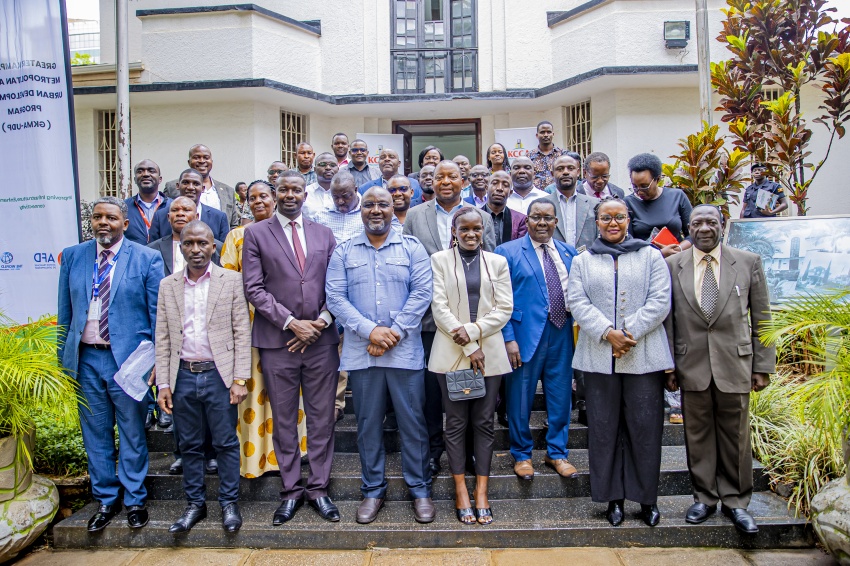
The Kampala Capital City Authority Metropolitan Development Forum (KCCA-MDF), is set to strengthen community engagement and foster citizen ownership of urban development initiatives.
This platform is aimed at bridging the gap between government, private sector, and residents, ensuring that urban projects reflect the aspirations of Kampala’s people.
During a meeting that took place at the Mayor’s Parlor on Friday March 28 key stakeholders and members of the forum met and committed to tackling urban challenges such as traffic congestion, inadequate housing, sanitation gaps, and climate resilience.
Beyond addressing these issues, the forum aims to create opportunities for economic growth, social equity, and environmental sustainability.
KCCA-MDF will be spearheaded by President Thaddeus Musoke, Vice President Hellen Kasujja, and Secretary Thomas Tumusiime. The forum is designed to facilitate dialogue between various stakeholders, ensuring that policies and projects are informed by community needs.
KCCA has emphasized that the MDF will serve as a platform where stakeholders convene regularly to discuss urban development concerns, debate priorities, and collaborate on actionable solutions. This initiative aligns with the National Development Plan IV and reinforces the government’s vision of participatory urban governance.
The forum will play a critical role in executing the Greater Kampala Metropolitan Area Urban Development Program (GKMA-UDP), which has already commenced work on 19.85 kilometers of roads in its initial phase. The program envisions developing a total of 74.5 kilometers of urban roads to enhance mobility and infrastructure within the city.
Speaking at the launch, KCCA Deputy Executive Director Benon Kigenyi underscored the forum’s importance in making development projects people-centric.
“The success of these projects depends on active citizen participation. This forum allows us to engage communities directly and ensure their voices shape urban planning,” Kigenyi remarked.
Kigenyi also urged residents to take ownership of urban initiatives, emphasizing that sustainable development requires a collective effort.
“Where are the people in the things we do? We must work together to build a city that reflects the aspirations of its residents,” Kigenyi said.
Musoke, who also serves as the Chairperson of the Kampala City Traders Association (KACITA), stressed the significance of community involvement in urban planning.
“This is a great opportunity for our voices to be heard. With every contract signed, our demands and the needs of the community will be taken into account,” Musoke said.
By creating a voluntary public dialogue space, the forum is expected to enhance collaboration among urban stakeholders and ensure development aligns with community needs.
News & Announcements
2nd, January 2026
23rd, December 2025
22nd, December 2025
20th, December 2025
19th, December 2025
18th, December 2025
17th, December 2025
16th, December 2025
15th, December 2025
11th, December 2025


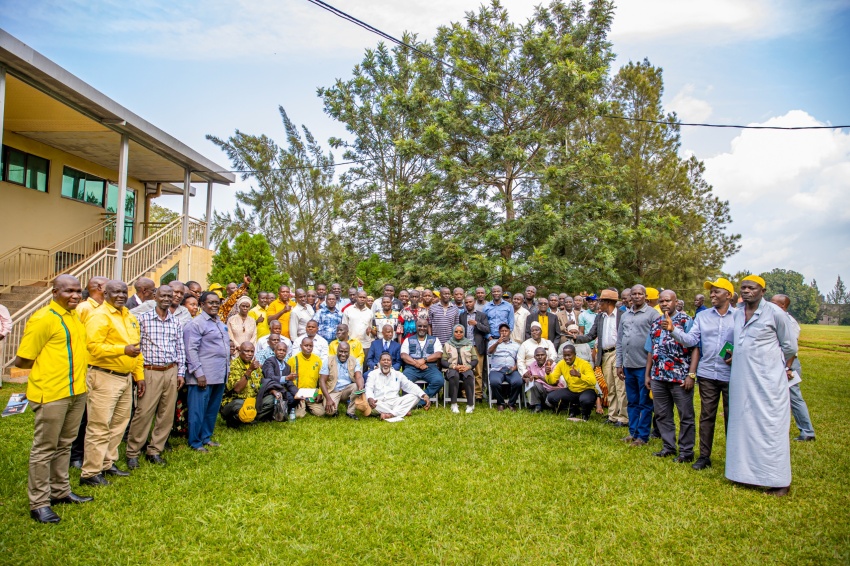
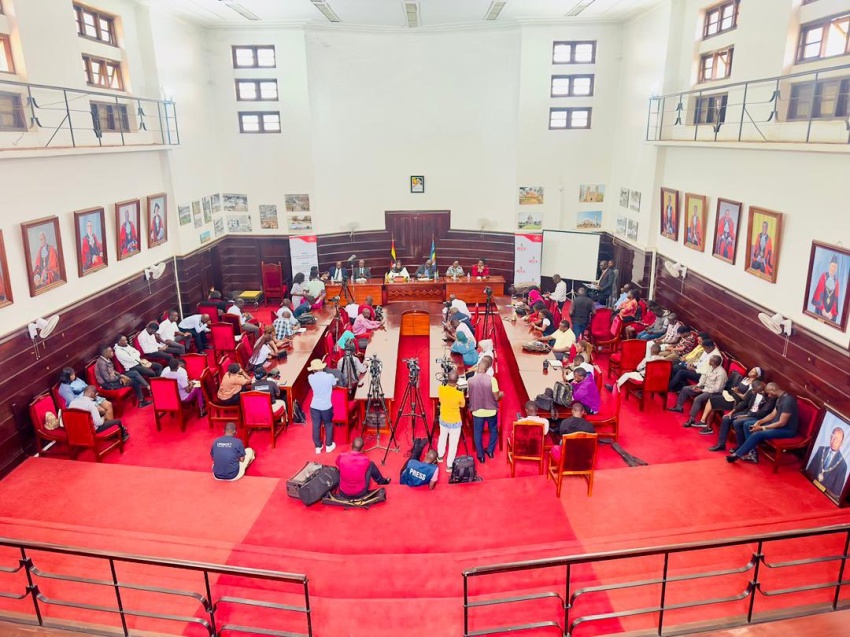
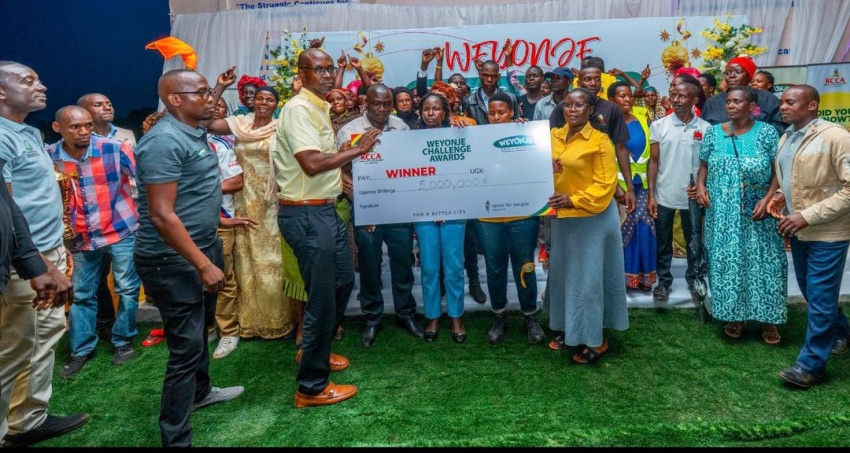
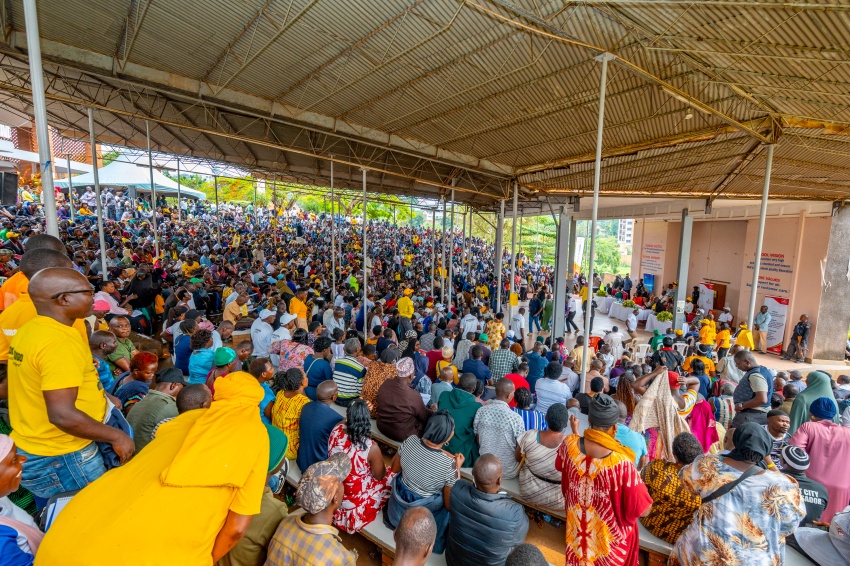

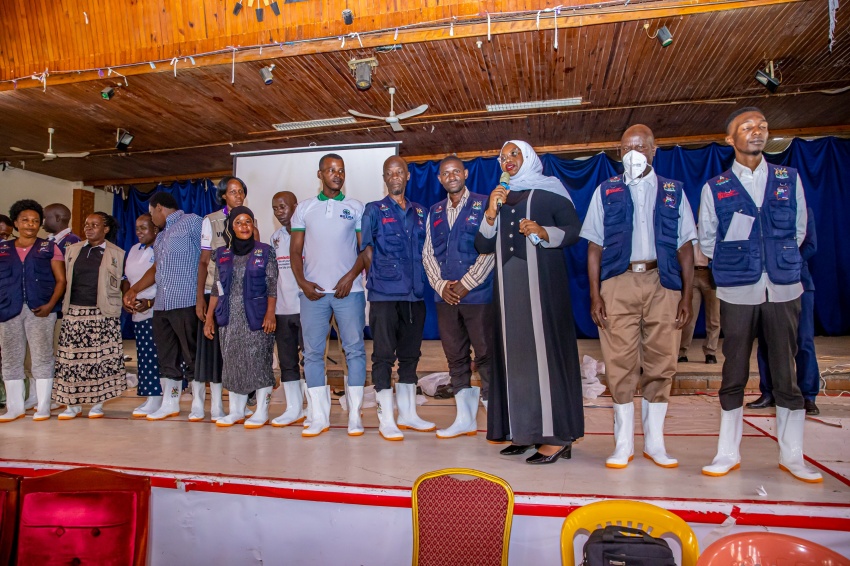
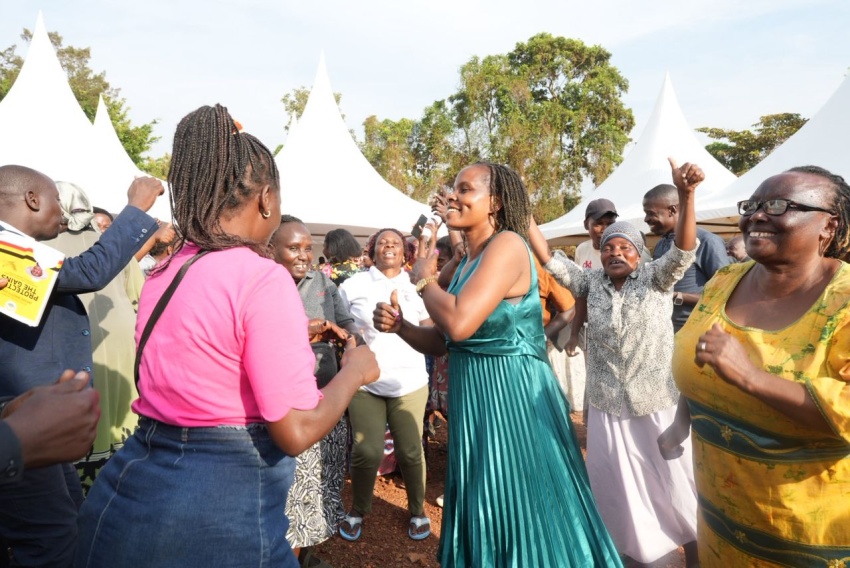
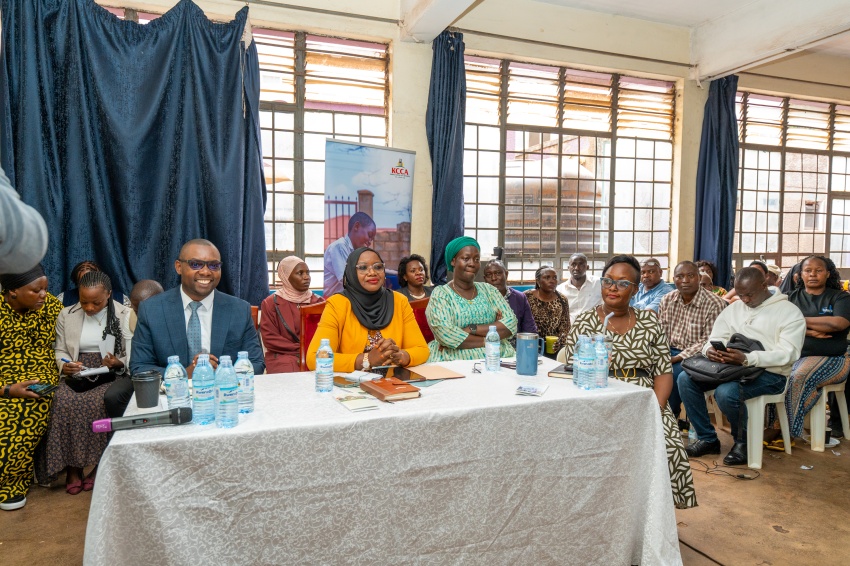
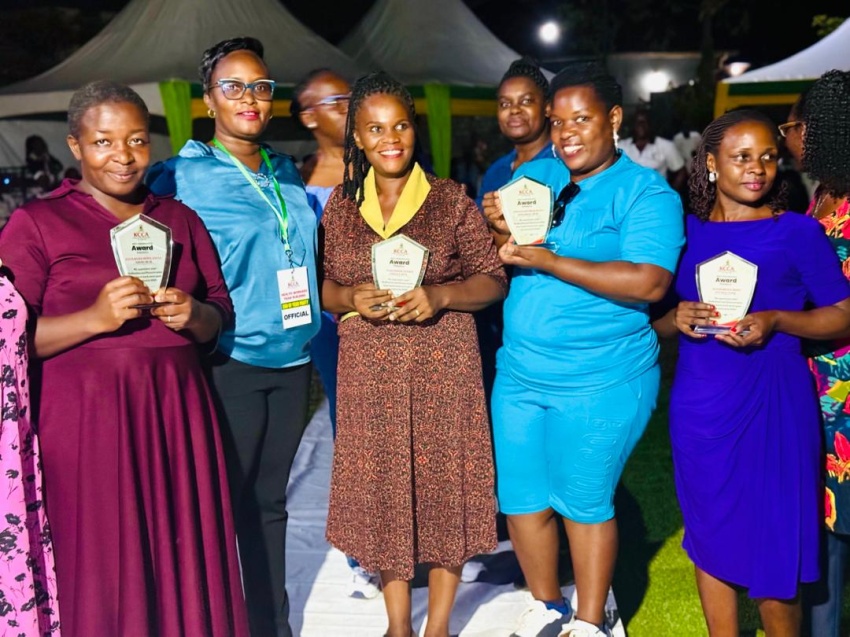
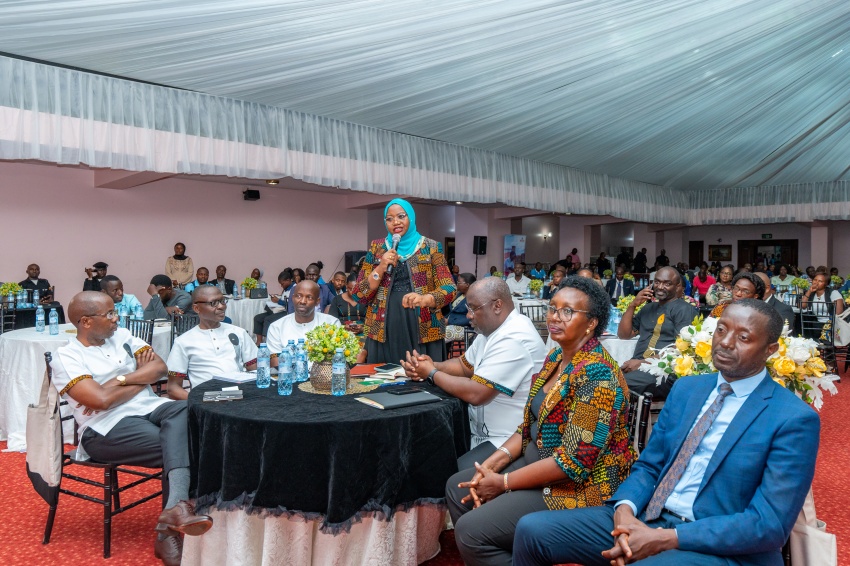









Development partners